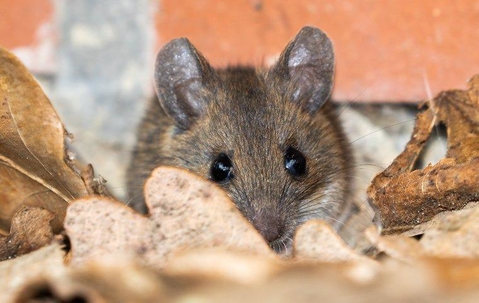The Dangers Of Mice In Boston, MA Homes
You’ve probably seen people cowering onto chairs and tables with a tiny mouse scurrying around on the floor. Unfortunately, this is a real experience that you may have experienced yourself. If there is a mouse in your Boston home, it is most likely the common house mouse.
The common house mouse can be identified by its:
- round body, which varies in size from 2 ½ and 2 ½ inches.
- a tail that is longer than its body, between 3 to 4 inches long.
- short hair that is either brown, black, or gray with a lighter color on its belly.
- large ears, small black eyes, pointed muzzle, and whiskers.
House mice live close to humans, which has made them dependent. Relying on people for food, water, and shelter, mice won’t hesitate to go inside a home if they have the opportunity. Although they are small, these rodents can cause damage to your property and transmit diseases to you and your family.
As a Boston resident, you should know the dangers of common house mice, how to prevent them, and what to do if they get into your home
Dangers of House Mice
House mice are more dangerous than they look. They carry diseases, parasites and cause damage to property, all of which can threaten people. And because of their prolific nature, there is rarely just one mouse on a property.
House mice can transmit diseases through their feces and urine. And even if you are careful not to touch any mice waste, it can dry and turn into dust, which you can breathe in. Diseases spread by house mice include:
- Lassa fever
- Plague
- Salmonellosis
- Hantavirus
Mice can also carry ticks and fleas, which come with their own problems, including Lyme disease. Plus, people are not the only ones who can be affected by mice; pets can get sick.
Rodents’ teeth are constantly growing, and to keep them from over-growing, rodents need to chew constantly. And when rodents like mice get into a home, no materials are safe. This includes:
- Walls and flooring
- Wires and pipes
- Insulation
- Wood and plaster
- Furniture, books, cloth, and other personal belongings.
Not only can mice damage the structure of your property and ruin personal items, but they can also cause flooding and fires when they chew on pipes and wires.
Mouse Prevention Tips
Because common house mice are so small, they only need a dime-sized hole to squeeze through and get into your home. To prevent mice from getting inside, you need to seal entry points and remove any factors that are attracting them in the first place, such as food and water sources. Preventative measures include:
- Fixing any leaking pipes and faucets
- Replacing any water-damaged wood
- Disposing of garbage properly
- Using garbage cans that have tight-fitting lids
- Keeping open food in air-tight containers
- Cleaning up pet food and dirty dishes every day
- Maintaining your yard by removing leave piles, cutting back excess foliage, and picking up any fallen fruit
If you have taken these precautions but are still worried about house mice, or you have mice in your home but can’t seem to get rid of them, you should contact professionals for help.
Professional Mouse Control
The best and most effective way to get rid of a mouse infestation in your Boston home is with professional assistance from Urbanex. Our experts will inspect your property, excluding the rodents, and seal entry points to keep mice from coming back. Don’t try to get rid of mice on your own; call Urbanex instead and let us handle them.
Request Your Free Inspection
Complete the form below to schedule your no obligation inspection.

